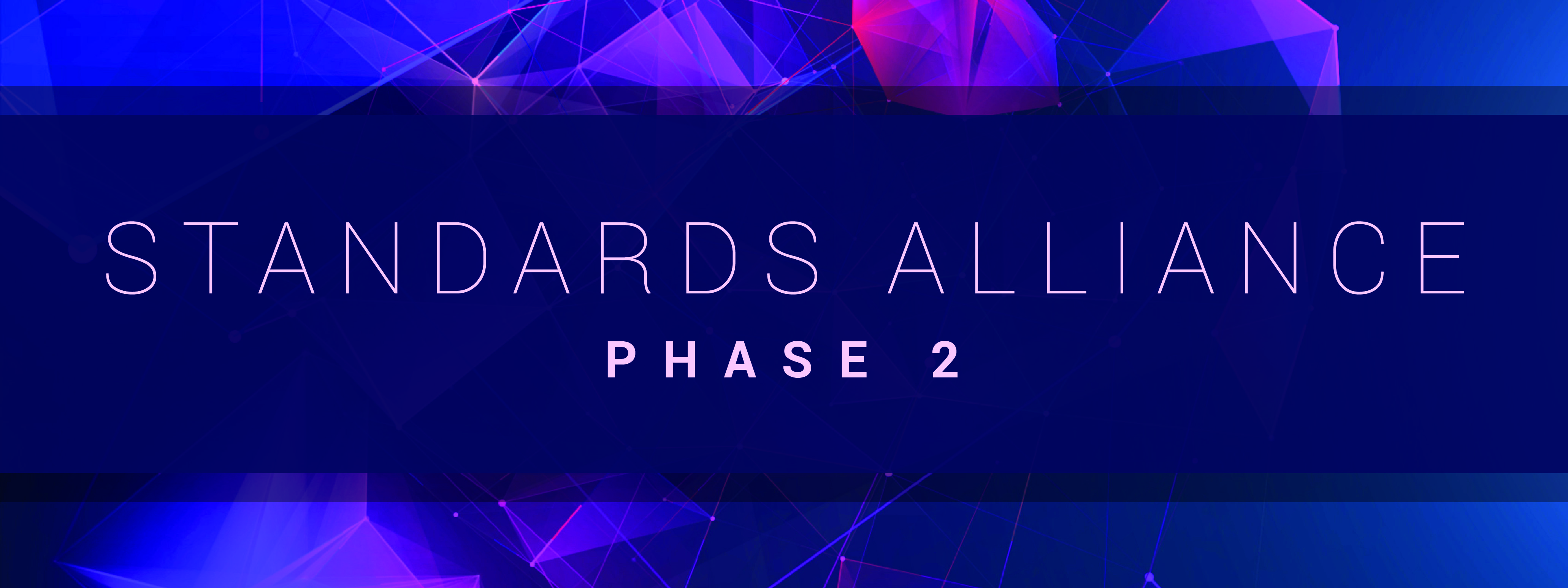
3/03/2023
The ANSI Federation and standardization community are stepping up with guidance, resources, and initiatives to support public health and safety and the nation's recovery. Suggestions for news items may be submitted to [email protected]. All submissions are published at ANSI's discretion.
New University of Washington School of Medicine Study Examines Past SARS-CoV-2 Infection as Protection Against Re-infection
Natural immunity from a COVID-19 infection offers strong, temporary protection from re-infection, according to a new study by an independent population health research organization based at the University of Washington School of Medicine, the Institute for Health Metrics and Evaluation (IHME).
The findings, published in The Lancet, reveal that people previously infected with COVID-19 had a 88% reduced risk of hospitalization or death for at least 10 months compared to those who had not been previously infected. Data suggest that immunity from a previous infection is “at least as high, if not higher” than that provided by two-dose vaccinations using high-quality mRNA vaccines (Moderna and Pfizer-BioNTech).
The study examined 65 studies from 19 countries, but did not include data on infections from Omicron XBB, a descendent of the Omicron variant.
“Vaccination is the safest way to acquire immunity, whereas acquiring natural immunity must be weighed against the risks of severe illness and death associated with the initial infection,” noted lead author Dr. Stephen Lim, IHME, University of Washington School of Medicine.
IHME claims that its study is the first to date that has comprehensively assessed the duration of protection after natural infection, and how durable that protection will be against different variants.
Access more information in the recent IHME news item.
IEEE Study Looks at Technology Dependency and Impact during COVID-19
With the acceleration of tech trends during the recovery era of the COVID-19 pandemic, a new research study from IEEE looks at technology’s role in health services (both physically and mentally), people’s dependency on technology, and privacy and security concerns.
Researchers found that certain tech use, such as video teleconferencing and smartphone interventions, have been found helpful in addressing issues related to mental health conditions, but also note that it is imperative that technologies not only maintain and improve the healthcare system but do not act as a hindrance to those seeking help and knowledge.
The study also looked at mobile learning environments. During the pandemic, many institutions adopted diverse educational technologies that increase interactivity, engagement, and creativity in virtual classes. “However, the commencement of a fully online educational journey robs students of a sense of connection, despite the benefits of online learning,” the researchers noted.
Furthermore, IEEE’s research looks at how technological advancements have impacted businesses through e-commerce, finding that consumers will opt for businesses that provide digital services instead of those which do not. To that end, that widespread technological use in different sectors has led to a substantial collection of personal data, sparking safety concerns.
In the workforce, the study found that remote working has forced employees to become more task-oriented without the reprieve of social interaction.
Access more study insights on IEEE Xplore.
See more ANSI member efforts in the ANSI COVID-19 Resource Webpage Highlighting Standardization Community Response.